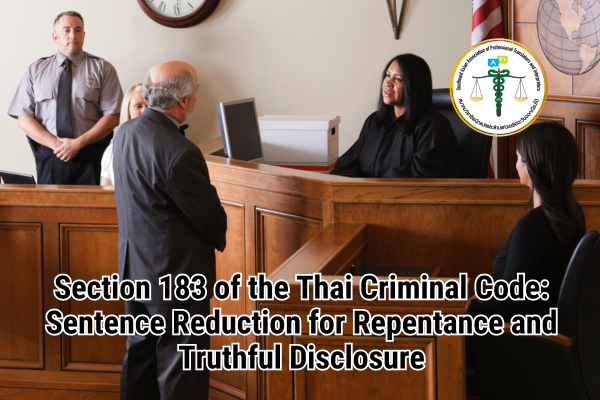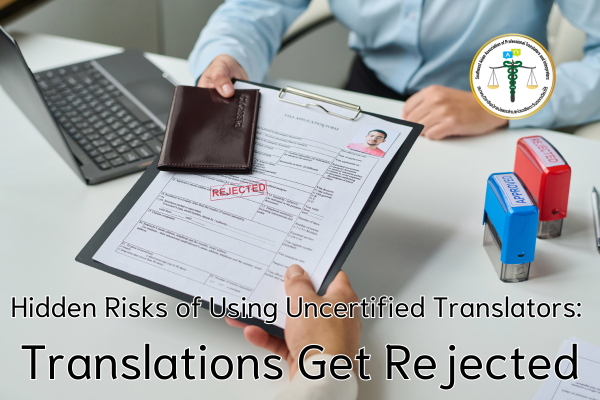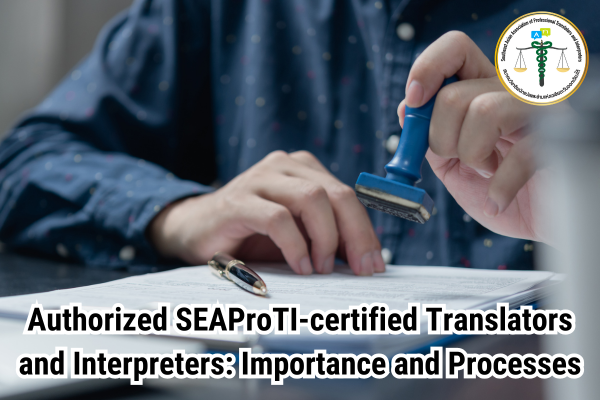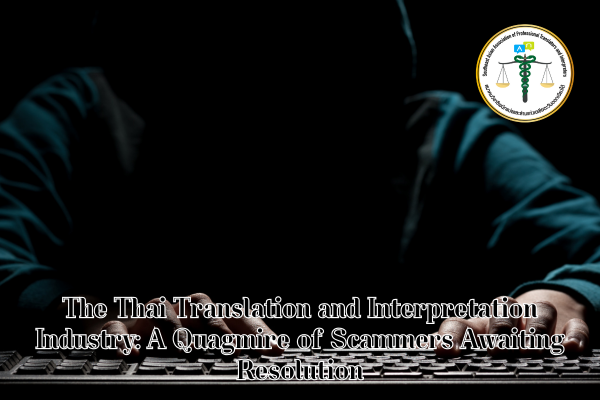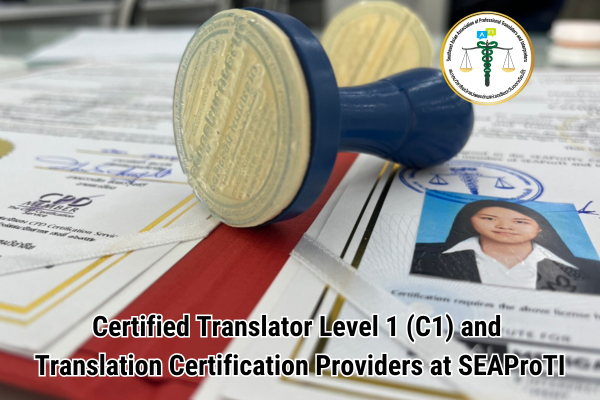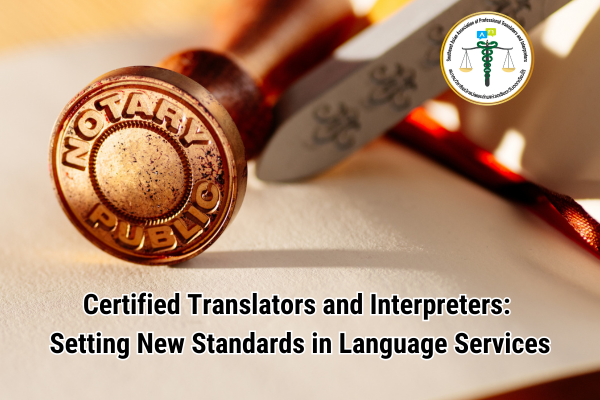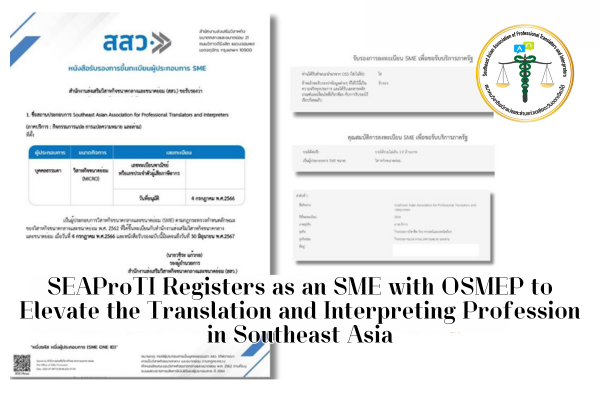Section 183 of the Thai Criminal Code: Sentence Reduction for Repentance and Truthful Disclosure
18 February 2025, Bangkok – Section 183 of the Thai Criminal Code establishes the criteria for reducing penalties for individuals who commit offenses under Sections 177, 178, or 180 and later repent by truthfully disclosing their wrongdoing to the court or relevant authorities before a verdict is rendered and before they are formally charged. This provision serves as an incentive for offenders to cooperate with the justice system in exchange for possible leniency in sentencing.
Key Conditions of Section 183 To be eligible for sentence reduction under Section 183, an individual must meet the following conditions:
-
The Offense Must Fall Under Sections 177, 178, or 180
-
Section 177: Offenses related to giving false statements to the court or authorities
-
Section 178: Offenses related to falsifying official documents
-
Section 180: Offenses related to false testimony as a witness
-
-
Repentance and Truthful Disclosure
-
The offender must demonstrate genuine repentance and voluntarily disclose the truth to the court or relevant authorities.
-
This must occur before the court issues a verdict and before the individual is formally charged for the committed offense.
-
-
Sentence Reduction is at the Court’s Discretion
-
The court has the authority to impose a lesser sentence than legally prescribed.
-
In some cases, the court may decide not to impose any punishment at all.
-
Section 183 and the Role of Interpreters in Court Proceedings Section 183 may have implications for court interpreters, particularly if an interpreter makes a translation error that significantly impacts the judicial process. In such cases, if an interpreter:
-
Makes an error in translation during a court proceeding, affecting the case’s material facts
-
Realizes their mistake and discloses the truth before the verdict is issued
-
Reports the error to the court or authorities before being formally charged
Then, under Section 183, the court may consider reducing any applicable penalty. This provision encourages interpreters and other legal professionals to acknowledge mistakes and rectify them promptly to uphold the integrity of the judicial process.
Impact of Section 183 on the Justice System Section 183 plays a vital role in encouraging individuals to cooperate with the legal system by offering them an opportunity to receive a lighter sentence. The positive effects of this provision include:
-
Enhancing Accuracy in Court Proceedings: Truthful disclosure helps ensure fair and just verdicts.
-
Reducing the Burden on Courts and Law Enforcement: Cooperation from offenders can streamline investigations and shorten trial durations.
-
Encouraging Offenders to Reform: The possibility of a reduced sentence serves as an incentive for offenders to take responsibility for their actions.
Conclusion Section 183 of the Thai Criminal Code serves as a mechanism that allows offenders who repent and truthfully disclose their wrongdoing to receive a reduced sentence. This provision significantly contributes to the judicial system by improving case accuracy, reducing the workload on law enforcement agencies, and encouraging offender rehabilitation. Additionally, it may apply to court interpreters if they acknowledge and report translation errors before a verdict is issued, thereby allowing for potential leniency under the law. Ultimately, Section 183 fosters a justice system that values truth and accountability.
SEAProTI’s certified translators, translation certification providers, and certified interpreters:
The Southeast Asian Association of Professional Translators and Interpreters (SEAProTI) has officially announced the criteria and qualifications for individuals to register as “Certified Translators,” “Translation Certification Providers,” and “Certified Interpreters” under the association’s regulations. These guidelines are detailed in Sections 9 and 10 of the Royal Thai Government Gazette, issued by the Secretariat of the Cabinet under the Office of the Prime Minister of the Kingdom of Thailand, dated July 25, 2024, Volume 141, Part 66 Ng, Page 100.
To read the full publication, visit: the Royal Thai Government Gazette
มาตรา 183 ของประมวลกฎหมายอาญาไทย: การลดโทษสำหรับผู้สำนึกผิดและแจ้งความจริง
18 กุมภาพันธ์ 2568, กรุงเทพมหานคร – มาตรา 183 ของประมวลกฎหมายอาญาไทยกำหนดหลักเกณฑ์เกี่ยวกับการลดโทษสำหรับผู้ที่กระทำความผิดตามมาตรา 177, 178 หรือ 180 และสำนึกผิด โดยกลับไปแจ้งความจริงต่อศาลหรือเจ้าพนักงานก่อนที่จะมีคำพิพากษาและก่อนที่ตนจะถูกฟ้องในความผิดที่กระทำ การบัญญัตินี้เป็นมาตรการส่งเสริมให้ผู้กระทำความผิดมีโอกาสได้รับโทษที่เบาลงหากให้ความร่วมมือกับกระบวนการยุติธรรม
เงื่อนไขสำคัญของมาตรา 183 มาตรา 183 มีเงื่อนไขสำคัญที่ต้องปฏิบัติตามเพื่อให้ได้รับการพิจารณาลดโทษ ได้แก่:
-
การกระทำความผิดต้องเป็นไปตามมาตรา 177, 178 หรือ 180
-
มาตรา 177: ความผิดเกี่ยวกับการให้การเท็จต่อศาลหรือเจ้าพนักงาน
-
มาตรา 178: ความผิดเกี่ยวกับการให้การเท็จในเอกสารราชการ
-
มาตรา 180: ความผิดเกี่ยวกับการให้การเป็นพยานเท็จหรือเบิกความเท็จ
-
-
การสำนึกผิดและแจ้งความจริง
-
ผู้กระทำความผิดต้องแสดงการสำนึกผิดและกลับไปแจ้งความจริงต่อศาลหรือเจ้าพนักงาน
-
ต้องดำเนินการก่อนที่ศาลจะมีคำพิพากษาและก่อนที่จะถูกฟ้องในความผิดที่ได้กระทำ
-
-
การลดโทษเป็นดุลยพินิจของศาล
-
ศาลสามารถลดโทษได้ตามที่เห็นสมควร
-
อาจมีการลดโทษน้อยกว่าที่กฎหมายกำหนด หรืออาจพิจารณาไม่ลงโทษเลยในบางกรณี
-
มาตรา 183 กับบทบาทของล่ามในการพิจารณาคดี มาตรา 183 อาจมีผลกระทบต่อบทบาทของล่ามในห้องพิจารณาคดี โดยเฉพาะอย่างยิ่งหากล่ามทำการแปลผิดและส่งผลต่อกระบวนการยุติธรรม ในกรณีที่ล่าม:
-
แปลผิดในห้องพิจารณาคดี และความผิดพลาดนั้นมีผลกระทบต่อสาระสำคัญของคดี
-
สำนึกได้ว่าตนแปลผิด และแจ้งความจริงก่อนมีคำพิพากษา
-
ดำเนินการแจ้งความจริงต่อศาลหรือเจ้าพนักงานก่อนที่ตนจะถูกฟ้อง
ในกรณีดังกล่าว ศาลอาจพิจารณาลดโทษตามมาตรา 183 ซึ่งเป็นการส่งเสริมให้ล่ามหรือผู้ที่เกี่ยวข้องกับการให้ข้อมูลในกระบวนการยุติธรรมมีความรับผิดชอบและพร้อมที่จะแก้ไขข้อผิดพลาดอย่างเหมาะสม
ผลกระทบของมาตรา 183 ต่อกระบวนการยุติธรรม มาตรา 183 มีบทบาทสำคัญในการส่งเสริมให้ผู้กระทำความผิดมีโอกาสกลับตัวและให้ความร่วมมือกับกระบวนการยุติธรรม ซึ่งส่งผลดีต่อระบบกฎหมายในหลายด้าน ได้แก่:
-
ช่วยให้กระบวนการพิจารณาคดีมีความถูกต้องมากขึ้น: การแจ้งความจริงช่วยให้ศาลสามารถพิจารณาคดีได้อย่างเป็นธรรม
-
ลดภาระของศาลและหน่วยงานบังคับใช้กฎหมาย: การที่ผู้กระทำผิดให้ความร่วมมือสามารถช่วยลดระยะเวลาในการสืบสวนและพิจารณาคดี
-
สร้างแรงจูงใจให้กับผู้ที่กระทำผิดให้กลับตัว: มาตรานี้เป็นแรงจูงใจให้ผู้กระทำผิดที่สำนึกผิดสามารถได้รับโอกาสลดโทษ
สรุป มาตรา 183 ของประมวลกฎหมายอาญาไทยเป็นกลไกที่ช่วยส่งเสริมให้ผู้กระทำความผิดที่สำนึกผิดสามารถได้รับโทษที่เบาลงหากแจ้งความจริงต่อศาลหรือเจ้าพนักงานก่อนมีคำพิพากษา มาตรานี้มีบทบาทสำคัญในกระบวนการยุติธรรมโดยช่วยให้คดีมีความถูกต้องมากขึ้น ลดภาระของหน่วยงานบังคับใช้กฎหมาย และสร้างแรงจูงใจให้ผู้กระทำผิดกลับตัว นอกจากนี้ มาตรานี้ยังอาจเกี่ยวข้องกับบทบาทของล่ามในศาล หากมีกรณีที่ล่ามแปลผิดและตัดสินใจแจ้งความจริงก่อนมีคำพิพากษา ซึ่งอาจทำให้ได้รับการพิจารณาลดโทษตามที่กฎหมายกำหนด
เกี่ยวกับนักแปลรับรอง ผู้รับรองการแปล และล่ามรับรองของสมาคมวิชาชีพนักแปลและล่ามแห่งเอเชียตะวันออกเฉียงใต้
สมาคมวิชาชีพนักแปลและล่ามแห่งเอเชียตะวันออกเฉียงใต้ (SEAProTI) ได้ประกาศหลักเกณฑ์และคุณสมบัติผู้ที่ขึ้นทะเบียนเป็น “นักแปลรับรอง (Certified Translators) และผู้รับรองการแปล (Translation Certification Providers) และล่ามรับรอง (Certified Interpreters)” ของสมาคม หมวดที่ 9 และหมวดที่ 10 ในราชกิจจานุเบกษา ของสำนักเลขาธิการคณะรัฐมนตรี ในสำนักนายกรัฐมนตรี แห่งราชอาณาจักรไทย ลงวันที่ 25 ก.ค. 2567 เล่มที่ 141 ตอนที่ 66 ง หน้า 100 อ่านฉบับเต็มได้ที่: นักแปลรับรอง ผู้รับรองการแปล และล่ามรับรอง


